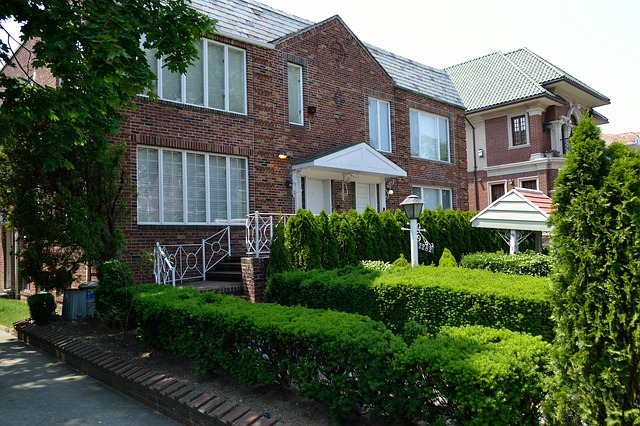Introduction
The question of who should pay property tax, the tenant or the owner, is a topic of debate in many jurisdictions. Property tax is a levy imposed by the government on real estate owners, and it is used to fund local services such as schools, infrastructure, and public safety. While the owner is typically responsible for paying property tax, there are arguments for both tenants and owners bearing this financial burden. This article will explore the different perspectives on this issue and provide a comprehensive analysis.
Arguments for the Owner
Ownership responsibility: One of the main arguments for the owner paying property tax is that they have the ultimate ownership and control over the property. As the legal owner, they benefit from the property’s appreciation and have the ability to sell or rent it out. Therefore, it is argued that the owner should bear the financial responsibility of property tax.
Investment and income: Property ownership is often seen as an investment that generates income for the owner. Rental income, for example, is a direct result of the property’s ownership. By paying property tax, owners contribute to the maintenance and improvement of the local community, which indirectly benefits their investment and income potential.
Tax deductions: In some jurisdictions, property tax payments can be deducted from the owner’s income tax. This deduction helps to reduce the overall tax burden on the owner, making it more feasible for them to pay the property tax.
Arguments for the Tenant
Beneficiary of services: Tenants argue that they should pay property tax because they are the ones directly benefiting from the local services funded by these taxes. Schools, parks, and other community amenities are enjoyed by the tenants, and therefore, they should contribute to their maintenance through property tax payments.
Affordability and fairness: Tenants often have limited financial resources compared to property owners. Property tax can be a significant expense, and it may be more affordable for tenants to pay it alongside their rent rather than for owners to pass the full burden onto them. Additionally, some argue that it is fairer for tenants to contribute to property tax since they are already paying rent, which includes the cost of the property.
Flexibility: Tenants tend to have more flexibility in choosing where to live compared to property owners. If property tax is solely the responsibility of the owner, it may discourage them from renting out their properties, leading to a decrease in the rental market supply. By sharing the property tax burden, tenants can have more options and opportunities to find affordable housing.
Conclusion
The question of who should pay property tax, the tenant or the owner, does not have a one-size-fits-all answer. Both sides present valid arguments, and the answer may vary depending on the specific circumstances and local regulations. Ultimately, it is up to policymakers to strike a balance between the interests of tenants and owners, considering factors such as affordability, fairness, and the overall impact on the community.
References
– National Association of Realtors: nar.realtor
– Investopedia: investopedia.com
– Internal Revenue Service: irs.gov













